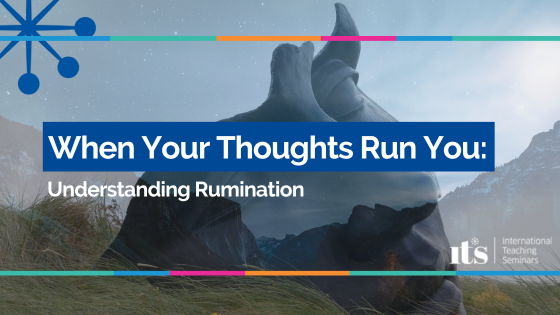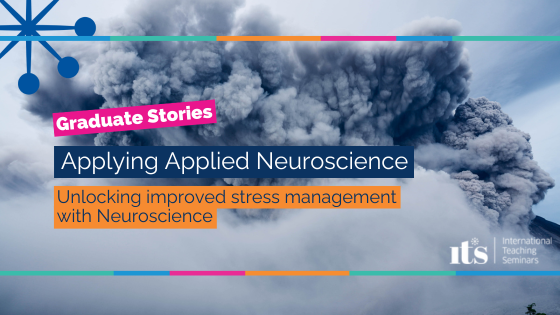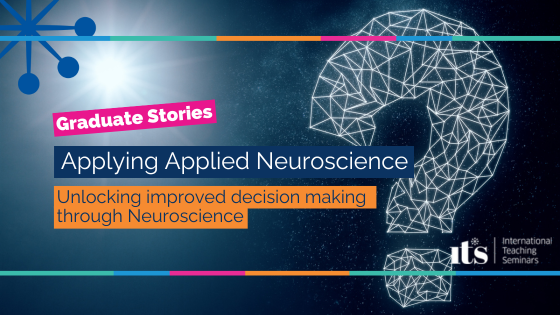Ever had that experience where you find yourself having the same conversation with different people? I know the year is only just getting underway but already I find I am being asked to Keynote several different events each with a common theme: what it takes if you commit to the Journey to Mastery.
This of course is a learning journey. And it’s a marathon, not a sprint. Sometimes though people short change themselves. Some put getting a badge above doing the work and getting the experience. Some sacrifice convenience for excellence.
By contrast I remember one time talking with a guy taking our Practitioner training who said he’d travelled a long way to be with us. Only then did I learn that he flew in to London from Lagos for each module. This was a man with a plan!
He said it was worth it because he wanted the best and he knew that when he would take the ITS Masters the trainers would be meeting him half way. I asked him what he meant. He said, “they come from the States, I come from Africa: we meet in the middle with you in London”.
This is the kind of truly international mindset that both raises your game and lets you play a long game.
Mastery is different from expertise. It is not simply repeating what other people have done. Invariably, at some point, it involves enhancing what has gone before. Perhaps by giving it your own spin, adapting it to a completely different application or context or just making up something new because of your familiarity with what works and how to get results. In other words, one of the hallmarks of mastery is the ability to innovate.
This is why one of the Keynotes I’ll be delivering later in the year in the US has a working title of ‘Developing an Innovation Mindset – a Prerequisite for Mastery’.
So many people sell themselves short by not understanding how they too could ultimately become innovators.
Much of my work these days consists in giving people the tools to become innovators. (This is a programme in its own right but that’s another story). For now, suffice it to say, that one of the secrets of successful innovation is being able to engage in successful collaboration. Indeed for many people collaboration is itself an innovation.
When I look back I realise I’ve spent my entire career collaborating with people to create new ventures. Some of these give rise to long standing friendships, some of these end up becoming industry norms. Bringing NLP & Coaching together to create NLP Coaching would be a case in point. More recently my work with Professor of Applied Neuroscience, Patricia Riddle, has made it possible both to integrate NLP and neuroscience and to distil what is of most practical use in neuroscience in our Certificate in Applied Neusoscience.
What my collaborations all have in common is that I find them incredibly stimulating, I am continually being stretched, and I have a lot of fun.





Leave A Comment